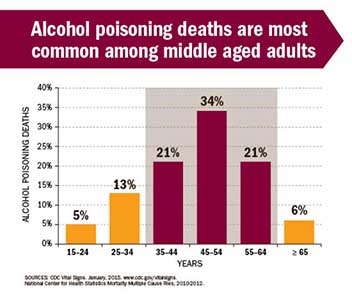Blog
Search
Blog
Ireland, UK Efforts to Ban Alcohol Sport Sponsorship Continue
January 10, 2015
Everton shirt with Chang sponsorship. The club have been sponsored by the Thai
beer producer for over 10 years. Source: theguardian.com.
Photograph: Shaun Boggust/ Shaun Boggust/Colorsport/Corbis
England and Ireland join a growing chorus of public health experts in the European Union, New Zealand and Australia who have called for similar alcohol advertising restrictions in sporting events and broadcasts to protect youth from overexposure to alcohol marketing. Reports have indicated that sport sponsorship increases problem drinking in athletes, overexposes youth to alcohol advertising on television, and that youth were bombarded with alcohol advertising during the World Cup.
Restrictions on alcohol advertising in sports should be part of a larger policy to protect youth, including elimination of self-regulation of advertising by the alcohol industry, which allows overexposure of alcohol advertising to youth and provides no effective enforcement for code violations.
Binge Drinking & Alcohol Poisoning in the US: Perception vs. Reality
January 10, 2015
- An estimated 6 adults a day die from alcohol poisoning in the U.S.
- A majority of these deaths occur among the age group 34-64, not young drinkers.
- Alcohol addiction is a contributing factor in just 30% of alcohol poisoning deaths.
The alcohol poisoning report is the latest in a series of CDC research studies showing that alcohol-related harm is a widespread problem in the U.S., affecting a much larger proportion of the population than is commonly believed:
- Excessive consumption accounts for 1 in 10 deaths among working-age U.S. adults.
- Nearly 88,000 deaths per year are attributable to excessive alcohol consumption.
- One in 6 adults in the U.S. engages in binge drinking regularly.
- Only 1 in 10 problem drinkers meet the clinical criteria for alcohol dependence.
- Excessive consumption results in $223 billion in annual economic costs.
Alcohol-related harm and its associated costs are not relegated to a small proportion of the population who are alcohol dependent. These problems must be addressed by policies that are directed at the population level, and by targeting environmental factors that contribute to excessive consumption. The CDC recommends evidence-based strategies such as limiting access and availability and raising taxes to prevent alcohol-related harm.
New Restrictions on Alcopops in Contra Costa County, CA
December 18, 2014
Alcohol Justice Advocacy Director Jorge Castillo and Contra Costa DAO Advocates Enjoying Success
The Friday Night Live program at the Center for Human Development in Contra Costa County (CA), with support from Alcohol Justice, successfully convinced the Board of Supervisors to pass newly approved restrictions as part of their Deemed Approved Ordinance (DAO) to limit access to youth-oriented alcopops such as Four Loko and other dangerous products. The new language includes restrictions on alcopop advertising and location within stores, and goes into effect on January 1, 2015. The recommendations call for the CA State Legislature to adopt a ban on alcopops sales for the entire state.
Read the recommendations approved by the Contra Costa County Board of Supervisors here.
New FDA Rule: Alcohol Calorie Info Required on Restaurant Menus
December 3, 2014
Alcohol comprises as much as one-fifth of adult calorie consumption in the U.S. Per the FDA FAQ page for this rule, the majority of comments the FDA received supported covering alcohol due to its impacts on public health. In 2011 Alcohol Justice (then Marin Institute) urged the FDA to adopt a menu labeling requirement at restaurants and similar retail food establishments. Read our 2011 letter to the FDA here.
More Articles ...
Help us hold Big Alcohol accountable for the harm its products cause.
| GET ACTION ALERTS AND eNEWS |
STAY CONNECTED    |
CONTACT US 24 Belvedere St. San Rafael, CA 94901 415-456-5692 |
SUPPORT US Terms of Service & Privacy Policy |
Copyright © 2026 Alcohol Justice. All Rights Reserved.
Joomla! is Free Software released under the GNU General Public License.


